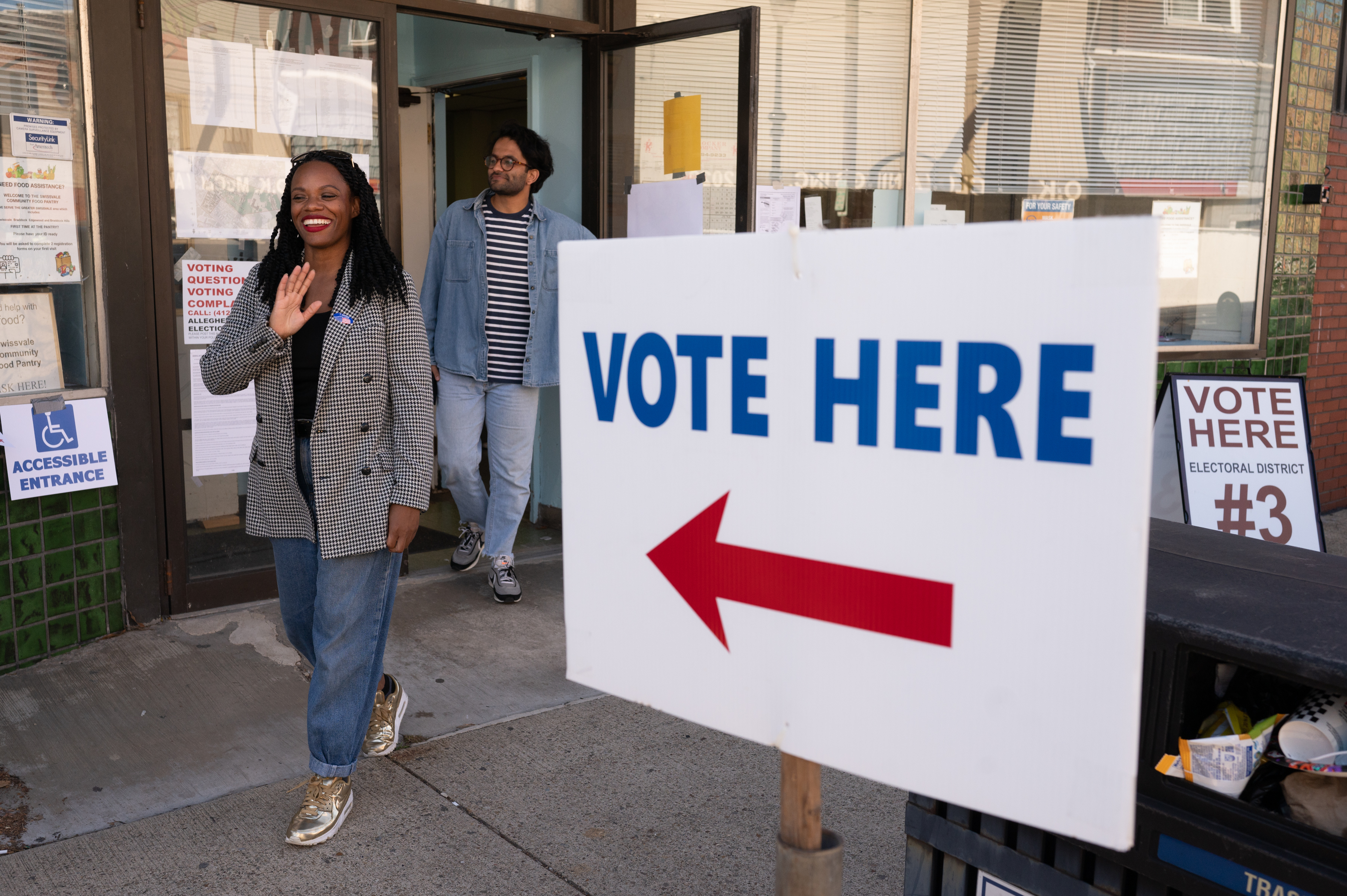What to Know
- Delaware House Bill No. 74 "abrogates the privilege between priest and penitent in a sacramental confession relating to child abuse and neglect. It requires priests to report child abuse and neglect or to give or accept evidence in a judicial proceeding relating to child abuse or neglect.”
- Bishop William Koenig, who oversees the Catholic Diocese of Wilmington, told NBC10 a priest breaking the seal of confession would lead to excommunication which could only be lifted by the Pope.
- The bipartisan bill is still in its early stages. If signed into law, Delaware would join North Carolina, New Hampshire, West Virginia, Oklahoma, Rhode Island and Texas on the list of states that deny the Priest-Penitent Exemption.
A proposed bill would require Catholic priests in Delaware to report confessions of child sex abuse despite them not being allowed to reveal anything that is said during the Sacrament of Reconciliation.
Delaware House Bill No. 74 was first introduced on March 2.
“This Act abrogates the privilege between priest and penitent in a sacramental confession relating to child abuse and neglect,” the synopsis reads. “It requires priests to report child abuse and neglect or to give or accept evidence in a judicial proceeding relating to child abuse or neglect.”
Get Philly local news, weather forecasts, sports and entertainment stories to your inbox. Sign up for NBC Philadelphia newsletters.
Bishop William Koenig, who oversees the Catholic Diocese of Wilmington, told NBC10 his diocese works hard in every way to protect children. He also said the proposed bill was “non-negotiable” however.
“For a priest to break the seal of confession, he would be excommunicated,” Bishop Koenig said. “That could only be lifted by the Pope.”
Delaware residents are legally required to report any incidents of child abuse though not currently during confession, which is generally done anonymously.
Local
Breaking news and the stories that matter to your neighborhood.
Sign up for our Breaking newsletter to get the most urgent news stories in your inbox.
The bipartisan bill is still in its early stages. If signed into law, Delaware would join North Carolina, New Hampshire, West Virginia, Oklahoma, Rhode Island and Texas on the list of states that deny the Priest-Penitent Exemption.
“Ecumenical law does not trump the law of the land, so to speak,” Delaware State Rep. Eric Morrison (D, Glasgow) told NBC10. “
Morrison, who proposed the bill, said it would put priests’ responsibilities, even during confession, in line with doctors, counselors and psychiatrists. Delaware’s Attorney General’s Office also supports the legislation.
“This is certainly not an overreach and it is not impeding, in any way, freedom of religion,” Morrison said. “Freedom of religion means that you can practice your religion of course and not be persecuted for it but no right is absolute.”
Bishop Koenig, meanwhile, told NBC10 priests can counsel people to change their ways and make amends during confessions. He also said it’s too early to decide if the diocese would take any legal action to fight the bill from becoming law.



